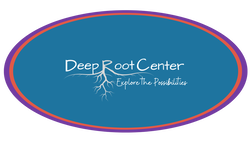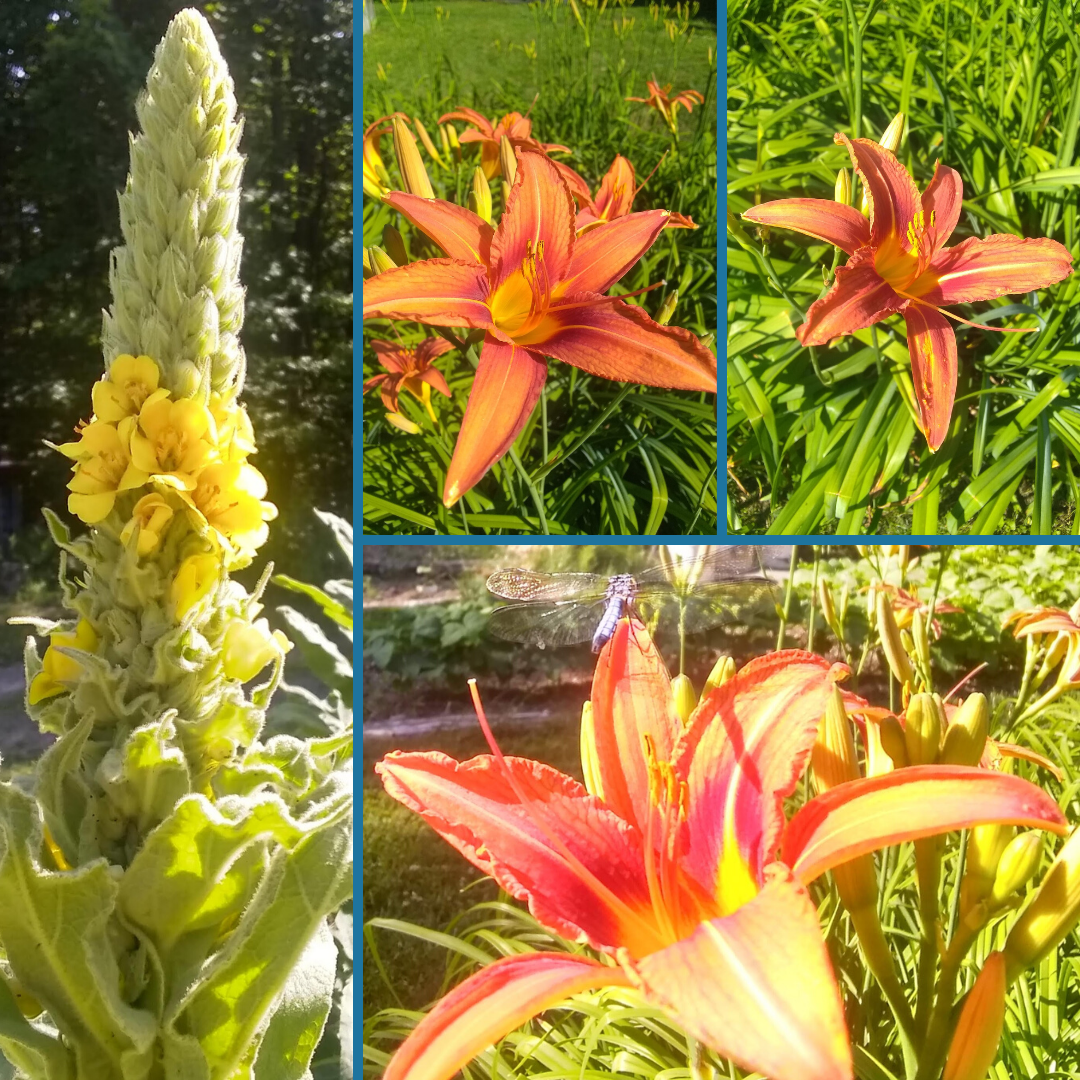|
Agreeing to disagree is perfectly fine if you and I are discussing whether we think that kiwi fruit tastes good, or not, or that you like country music and I don't. However, when it comes to the issue of basic human rights, we don't (can't) have a simple difference of opinion.
If you can't say (or do not believe) that, Black Lives Matter, LGBTQIA+ folks should be proud, women are equal, refugees and immigrants should be allowed to seek shelter, healthcare (including mental and sexual healthcare) is a human right, the poor should not be denied the basic essentials of food, water, and shelter (or, even that poverty shouldn’t be a thing), and that climate change is devastating our planet, then our foundational moral beliefs are worlds apart. I believe that ingrained (indoctrinated) fear and aversion of the "other," as well as the greed for not only money but the power and influence that accompanies wealth and status, drive the hateful beliefs and behaviors that have become so deeply entrenched in our culture. So, how do we go about changing the very fiber of our culture? How do we teach the antithesis of hatred? How do we instill that greed is not good? How do we indoctrinate basic human decency? I mean really, how do we make it very clear that it is not OK to be an asshole? Respectful behavior, human rights, and moral ethics should have nothing to do with politics or religion. But, yet, that is what it seems to come down to. And, NO, tolerance is not the goal. Teaching tolerance is like saying, "you have every right to dislike these things, but you have to put up with them for the sake of being PC." It is wrong on so many levels. I do not believe that people will learn something just because they have to take a mandatory class as part of a curriculum. I don't believe that real learning happens in a forced environment. I don't believe that someone will change their mind, simply, because they have been presented with facts, that defeat their convictions, during an argument. And, I don't believe that shaming someone will change their behaviors. But, yet, I do believe that everyone has the potential, as well as the right to learn and grow. While I struggle with this exhausting conundrum on a daily basis, I continuously look at my responsibility as a mentor. Within this non-coercive environment, I have always been committed to combating learned apathy, helplessness (hopelessness), and, yes, even, hate, by modeling empathy and compassion, respectful behavior, and service to others. But, I am discovering that is not enough. I have to be willing to say, "No! On this point, I will not agree to disagree, and this is why." And in doing so, begin the hard conversations - the ones that will begin to challenge those moral beliefs, that on their very fundamental level, place other people's lives in danger. * H/T to Kenzie Corse for inspiring me to think more deeply about all this.
0 Comments
Your comment will be posted after it is approved.
Leave a Reply. |
|
© 2024 Whole Learners, Inc. 501(c)3
Deep Root Center
48 Riverside Drive, Canton, NY 13617
315*323*1435/[email protected]
Deep Root Center
48 Riverside Drive, Canton, NY 13617
315*323*1435/[email protected]



